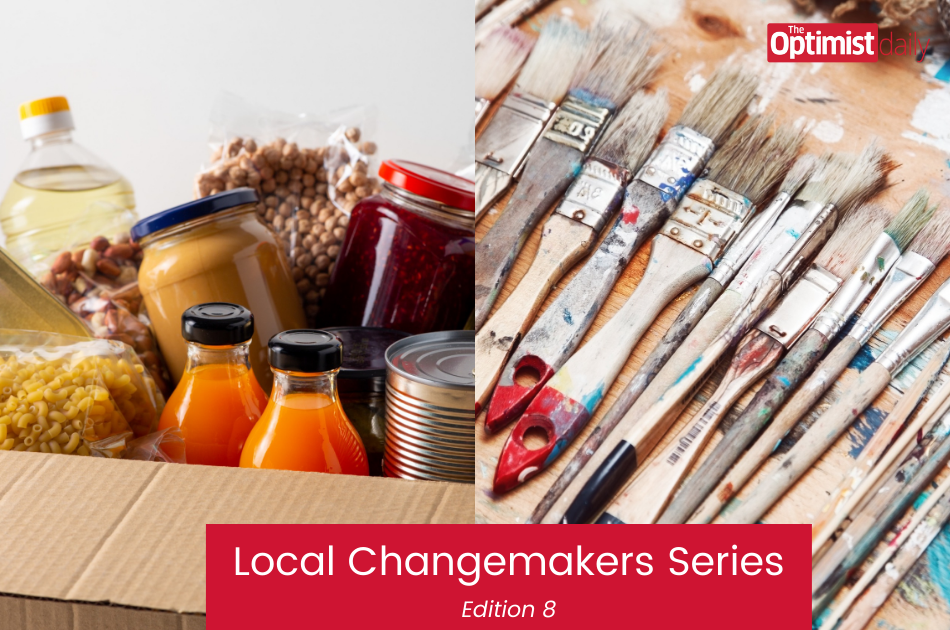Food service has always been a precarious industry, but the COVID-19 crisis has heightened this vulnerability even further, with an estimated 10 million service workers having been left without jobs due to the pandemic. A new program wants to use the crisis to steer the restaurant industry towards a more equitable future.
At Hook and Ladder, a restaurant in Sacramento, California, a new item on the menu is available on a sliding scale: $10 for some customers, $20 for those who can afford to pay more, and $0 for those who can’t afford to pay anything now.
The restaurant is one of several to participate in a new program created to help solve an immediate need in the coronavirus crisis—and to reshape the future of the service industry at a time when the inequities of the sector are glaringly obvious.
Through the program, called High Road Kitchens, restaurants can get grants from the state government when they commit to providing food on a sliding scale to low-wage workers, health care workers, first responders, and others in need, and also commit to a living wage for their own workers and increasing equitable hiring and worker treatment as their restaurants fully reopen.
The founders recognized that food service workers have been hit particularly hard by the crisis; as restaurants have closed or cut back hours, millions of service workers have lost jobs. Most don’t have unemployment insurance, either because they don’t earn the minimum amount to qualify or because of their immigration status. And because many restaurant workers were struggling to make ends meet before the pandemic, they often don’t have savings to turn to now.
High Road Kitchens aims to use the pandemic as a chance to rethink typical operations and how workers are usually treated. Over the rest of the year, while the restaurants in the program still aren’t operating at full capacity, the program will provide training in how to pay a living wage profitably, and how to increase race and gender equity between all workers.












